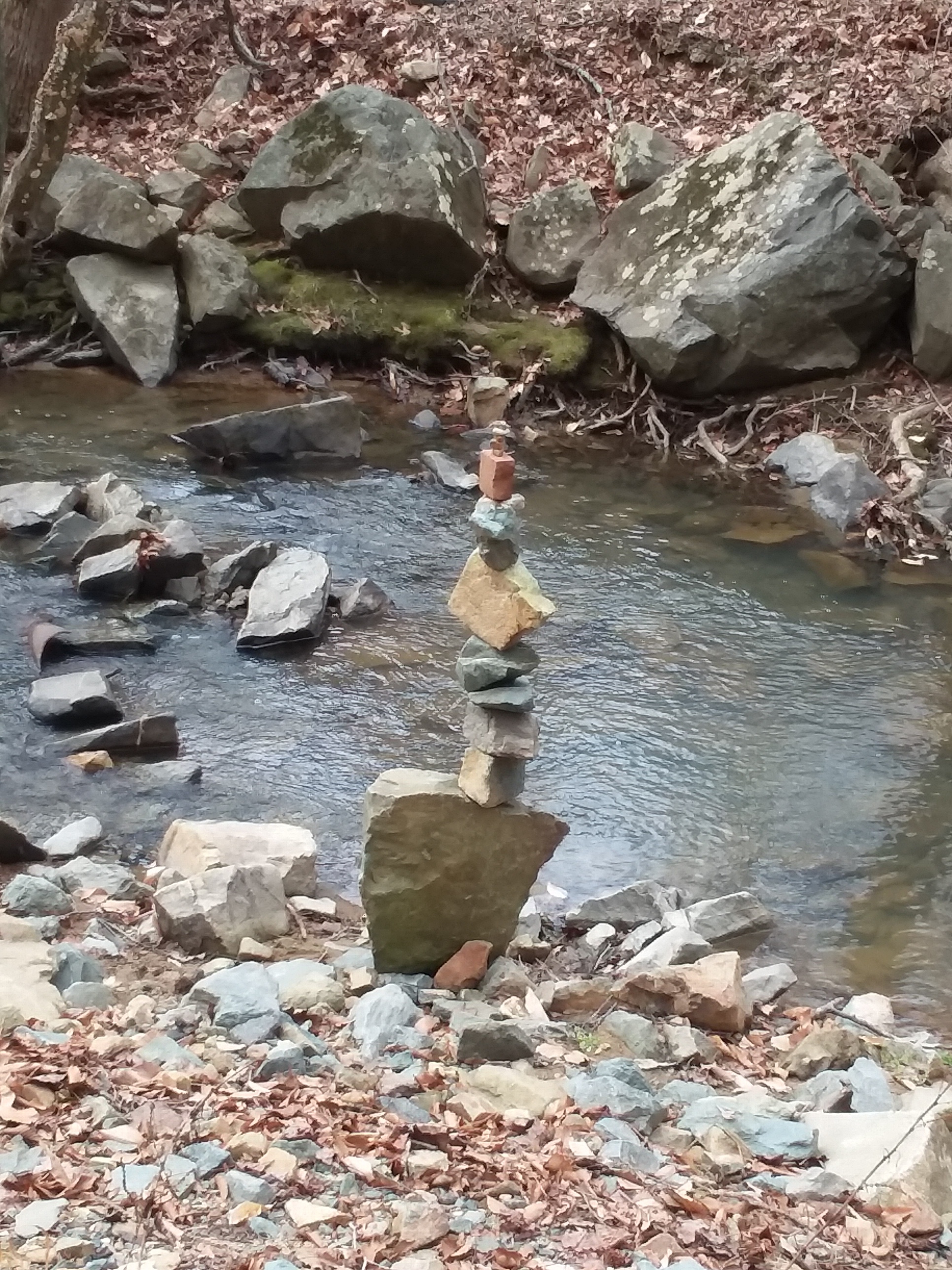

Modal Description
Watch the short video below to learn the basics.
You'll be an Drawdown EcoChallenge expert in no time!

#4 Plant-Rich Diet
I will enjoy 2 meatless or vegan meal(s) each day of the challenge.
#3 Reduced Food Waste
I will keep a daily log of food I throw away during the EcoChallenge, either because it went bad before I ate it, I put too much on my plate, or it was scraps from food preparation.
#9 Silvopasture
I will spend at least 30 minutes watching videos and/or reading about the environmental benefits of silvopasture.
#49 Cars
I will cut my car trip mileage by only taking necessary trips, and I will only use muscle-powered transportation for all other trips.
Reflection, encouragement, and relationship building are all important aspects of getting a new habit to stick.
Share thoughts, encourage others, and reinforce positive new habits on the Feed.
To get started, share “your why.” Why did you join the challenge and choose the actions you did?












